Angelina Jolie sparked a public discussion about genetic testing when she revealed her decision to undergo preventive surgeries after testing positive for the BRCA1 gene. Genetic testing can reveal your risk of diseases like breast cancer, colon cancer, and Huntington’s disease. Tests can also show the chance that a baby has a certain birth defect, like Down syndrome. The results of any genetic test can have a huge impact on people’s lives, so it’s important for people to understand what kind of results they’ll get and the decisions they’ll face based on those results. To help educate your patients about the different genetic tests available, we’re dedicating this issue of E-links to genetic testing.
Keep your website content fresh and engaging with Healthwise E-links. The copy promotes timely health themes by highlighting topics in the Healthwise® Knowledgebase. Use the sample copy below on your website homepage or condition-specific pages, and create links to the related Healthwise Knowledgebase topics. You can also place the copy in emails, newsletters, or any other consumer outreach programs…

Read more



